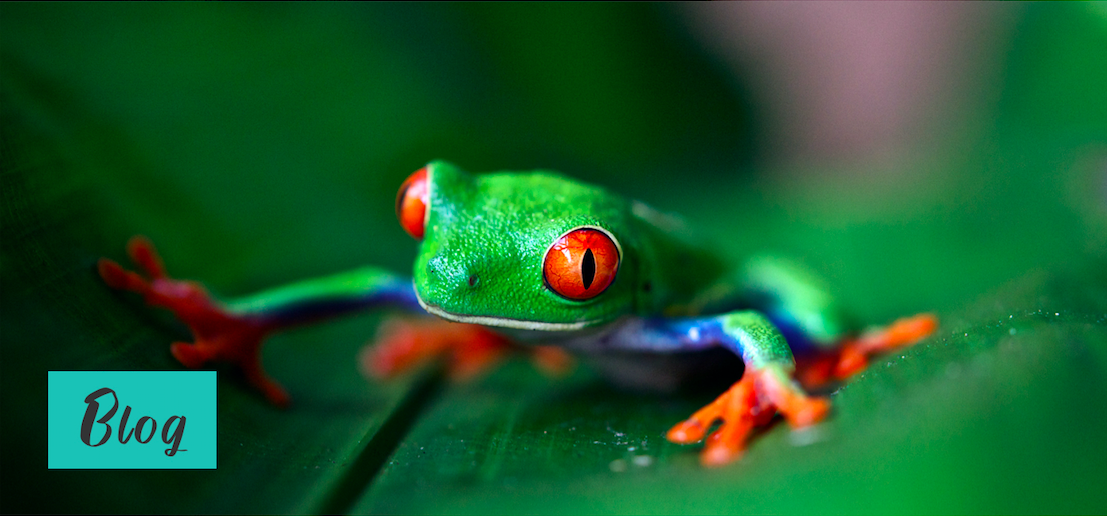Wildlife Research Volunteer Project: Monkey Mountain
Monkey Mountain
What it was like: Wildlife Research Volunteer Project
Hi there! This article is intended to teach those interested in or considering wildlife volunteering. This is just the experience of one person, one time, but hopefully can provide some insight into what it’s like. For more info, and broader perspective, check out my other posts on wildlife research volunteering.
I found out about this project through www.conbio.org job boards, a great resource for a wide range of wildlife conservation jobs and volunteering opportunities. (Note: before applying, always do your homework, read the fine print, and know as much as you can before you go).
I hope you find it insightful!
On to Monkey Mountain!
Science project: Monkey Mountain
Location: Southern Germany
Animal: Monkeys, Barbary macaques
Date Study Occurred: Summer 2014
What Project was about (context):
To study monkey behavior, social systems. In semi-wild free-range monkeys. The troupe was located on an enclosed mountain, where they thought they were free. Other troupes on the mountain interacted with tourists, in a sort of “new kind of zoo” where people can enter the enclosure to be with the animals (idea of a French guy who founded this, and 2 other zoos like it in Europe). Our group was on the back side, with little human interaction.
Our group, grad students and volunteers, studied the social behavior and friendship between them, along with several other projects. The work was basically watching monkeys for hours on end (between 8-12, though that was debatable between members of the team), and recording their behavior:
-Recording specific behaviors, with a stop watch (once every 5 minutes), writing down particulars (grooming, sleeping, browsing for food). Or following a specific monkey around for 30 minutes and writing down everything they do, as they do it. And then, once per hour, counting groups, who was together.
-This data collecting process was VERY hard to master, as it required first learning every individual monkey in the group. This was insanely hard, and involved carrying binoculars and a notebook, and taking notes on monkeys, particularly drawing monkey butts! That’s right, I had a notebook full of pictures of their various asses, with unique shapes, dots, etc.
-At the end of the day, at home, every couple days, one has to review the data from the field and organize the data on excel. known as “data cleaning”. a must for nearly all projects.
What is was like working on it:
After a couple days of staring at monkeys for HOURS on end, my brain started to change. Like when you play too much tetris and the whole world looks like polygons. But with monkeys. Humans just looked like monkeys, and in the zoo tourist park, I remember sitting on a bench on break and observing the people: grandmas playing with their grandchildren, and being amazed how similar they acted to the monkeys.
After hours, on location:
Then I’d go home to the farmhouse with the volunteers… Lots of fussing over how to do the experiment, since it didn’t always work out as planned. Much of the data was unusable due to researcher fatigue and later, dissatisfaction and opinions for improvements not heard. Living conditions were crazy— 6 people living crammed together in a small farmhouse flat, with two sleeping in the common space, and me sleeping on the floor by in one of the tiny bedrooms. Kitchen literally fit only a couple people at a time, so for prepping meals, it was chaos. (especially as everyone was always rushing to the field site and starving).
Many members enjoyed talking about monkeys after the day was over. Many of us just wanted to hang out and clear our minds. Conflict was created, constantly, over increasing tension. Disputes about work hours and how to conduct the research, as well as respect among team members. It was a BIG DISASTER, lots of anger, tears, fighting, screaming… that ended in everyone quitting within an average of 2 weeks.
Overall Rating / Lessons learned:
The work and monkeys was interesting, but the team was awful.
I learned that you have to be careful when selecting projects and teams, and that getting along with others makes a huge difference. Even more than the topic, people need to get along and respect each other.


